Tag Archives: software
Software Citation Comes of Age
Scott Edmunds - June 22, 2021
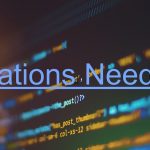
Following the publication of a new software citation guide we explain more the practicalities and importance of citing research software.
Gigantum Joins the Giga Reproducibility Toolkit
Nicole Nogoy - June 2, 2021
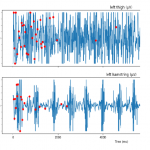
Joining our Giga reproducibility toolkit is Gigantum, with a new paper being our first example using this platform for better collaboration, sharing and making reproducible research easier.
GigaByte and River Valley Technologies push the boundaries of Executable Research Articles using Stencila and Code Ocean
Scott Edmunds - February 25, 2021
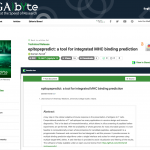
Today GigaByte publishes its first Executable Research Article (ERA), using technology from Stencila and Code Ocean to showcase interactive and executable versions of the figures.
Play it again, SAMtools. Q&A with the SAMtools team on 12 years of providing bioinformatics “glue”
Scott Edmunds - February 17, 2021
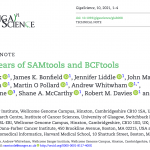
Today we publish the first update in 12 years describing what’s new in SAMtools, and for the first time the associated BCFtools and HTSlib software library. Here is a Q&A with the authors.
Certified Reproducibility. Q&A on ShinyLearner & the CODECHECK certificate, pt. 1
Scott Edmunds - April 7, 2020
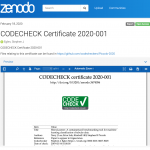
Out today in GigaScience is ShinyLearner, a new tool to make it easier to perform benchmark comparisons of classification algorithms. This tool stands out by making this process super systematic and reproducible, and despite needing to interface with many different libraries and languages it uses software containers (and a CodeOcean demo) so end users don’t […]
GigaBlog meets Gigantum: Guest Post from Tyler Whitehouse, Dean Kleissas and Dav Clark
Nicole Nogoy - June 20, 2019

At GigaScience as our focus is on reproducibility rather than subjective impact, it can be challenging at times to judge this in our papers. Targeting the “bleeding edge” of data-driven research, more and more of our papers utilise technologies, such as Jupyter notebooks, Virtual Machines, and Containers such as Docker. Working these tools in to […]
Data Intensive Software Publishing & Sailing The Code Ocean. Q&A With Ruibang Luo.
Scott Edmunds - June 27, 2017
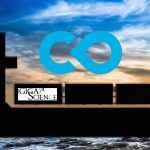
GigaScience is always trying to push the boundaries of how we disseminate reproducible research, and to adapt to the challenges of dealing with experiments become more data-intensive. We now showcase a new reproducible research platform we’ve been testing called Code Ocean, and have a Q&A with our Author Ruibang Luo on his experiences using it. […]
Guest posting: Conda as a new standard for Galaxy tool dependencies
Scott Edmunds - September 20, 2016

The Galaxy community is one that shares similar reproducibility goals with GigaScience, having a computational platform that allows users to share workflows, histories and wrapped computational tools in an easy-to-use and open source interface. Björn Grüning and The Intergalactic Utilities Commission of Galaxy have a guest posting here to announce new changes that will make development and presentation of tools and pipelines through Galaxy even more reproducible and usable.
GWAS Reloaded: extended Q&A with PLINK1.9 author Chris Chang
Scott Edmunds - February 26, 2015
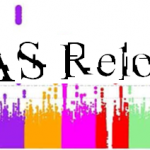
The software application PLINK is one of the most widely used tools in bioinformatics, particularly for genome-wide association studies (GWAS) that look at genetic variants in different individuals to see if any variant is associated with a trait. With the advent of the thousand dollar genome, the computational demands being made on such programs are […]
Secure Genetic Data Moves into the Fast Lane of Discovery
Scott Edmunds - November 6, 2014
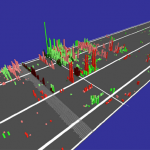
Overview of GWATCH (Genome-Wide Association Tracks Chromosome Highway), a new tool just published in GigaScience